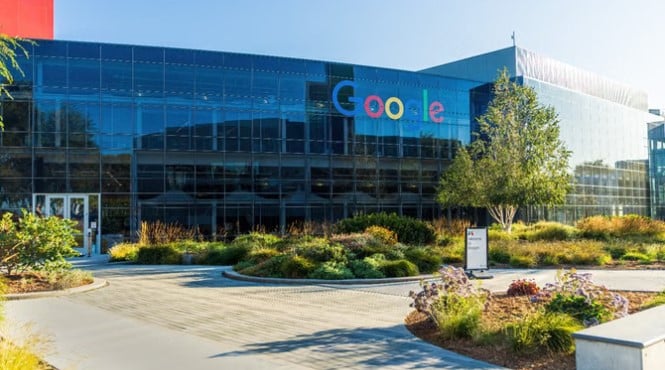
The news regarding google LLC (Google) and its alleged activation of gemini AI,
Case Overview
A proposed class-action lawsuit, Thele v. google LLC (25-cv-09704, U.S.
Dist. Ct., N.D. Cal., San Jose Division), has been filed in San Jose, California.
The complaint alleges that in october 2025, google “secretly” enabled gemini AI in its consumer applications: Gmail, google Chat and Google Meet — without obtaining clear user consent.
According to the filings, this activation gave gemini access to users’ private communications — emails, chats, attachments and video content — thereby exposing “the entire recorded history” of communications.
Key Allegations
Consent and activation: Plaintiffs claim that while earlier gemini integrations were opt-in, this rollout was default-on and users were not properly notified.
Difficulty of opting-out: Though users can disable gemini, the suit contends that the setting is deeply buried in complex privacy screens and not realistically discoverable by average users.

Legal basis: The complaint argues Google’s conduct violates the california Invasion of Privacy Act (CIPA) — a 1967 law prohibiting the covert interception or recording of confidential communications without consent.
Implications & Concerns
Scale of the issue: Because Gmail, Chat and Meet serve hundreds of millions of users globally, even a small fraction of affected users could mean very large statutory exposure under CIPA (which allows up to US$5,000 per violation).
AI + privacy tension: The case underscores growing concerns about how AI-powered assistants are integrated into core communication services and what that means for user autonomy and data privacy.
Precedent risk: If certified as a class action and ultimately successful, the outcome might set a strong precedent for how consent must be handled when AI features tap into user content in communications apps.
Where Things Stand
The suit was filed recently and is at the early pleadings stage; issues like class-certification, factual discovery and Google’s defense arguments will still be resolved.
Google has not (publicly at the time of reporting) provided a detailed response to this particular complaint. Some prior similar cases (e.g., email scanning) show that google defends that users of its services “must necessarily expect” some automated processing.
Disclaimer:
The information contained in this article is for general informational purposes only. While we strive to ensure accuracy, we make no warranties or representations of any kind, express or implied, about the completeness, accuracy, reliability, suitability, or availability of the content. Any reliance you place on the information is strictly at your own risk. The views, opinions, or claims expressed in this article are those of the author and do not necessarily reflect the official policy or position of any organization mentioned. We disclaim any liability for any loss or damage arising directly or indirectly from the use of this article.




 click and follow Indiaherald WhatsApp channel
click and follow Indiaherald WhatsApp channel